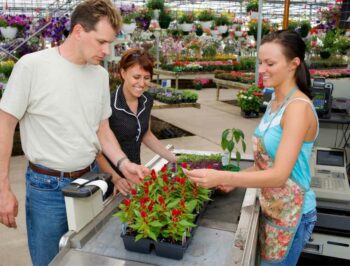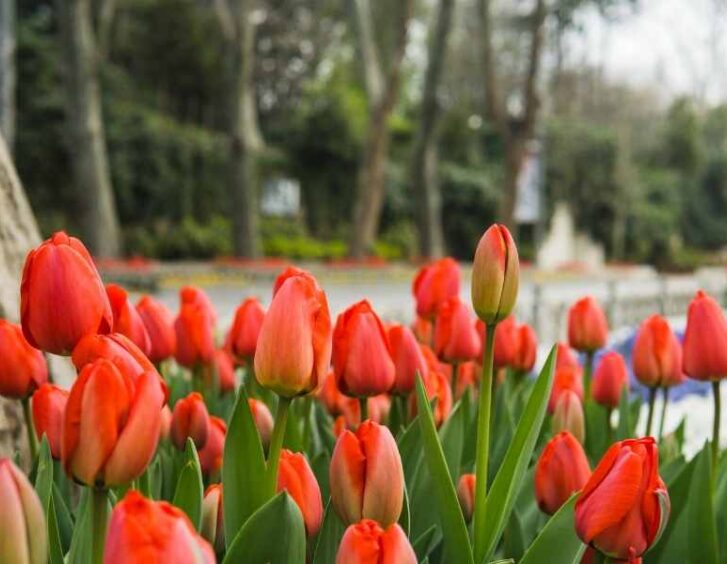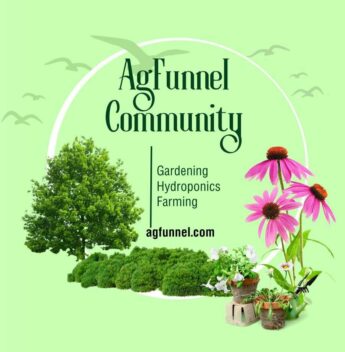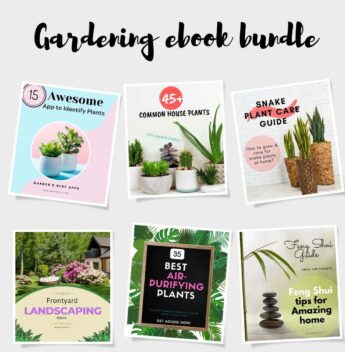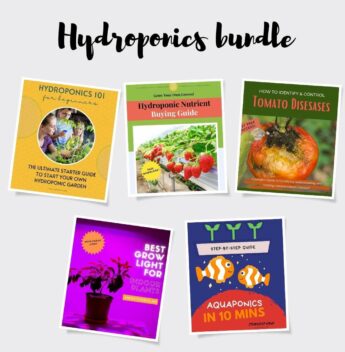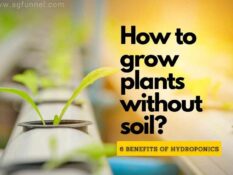There are several reasons to keep a garden in your home. For you, gardening helps ease stress, boost your mood, and improve your physical and mental health. As a homeowner, keeping a garden helps you increase curb appeal and increase your house’s resale value. Therefore, it is of little surprise that statistics show that about 71.5 million households in America have gardens. However, you wouldn’t enjoy the benefits of gardening if it isn’t beautiful and healthy. Fortunately, by implementing the right tips, you can have your garden looking good in no time. Here are some tips on how to keep your garden healthy.
How Can I Ensure My Garden Stays Healthy and Beautiful While Marketing My Property?
When marketing your property, avoiding mistakes in marketing gardens is essential for maintaining a healthy and beautiful garden. Proper maintenance, regular watering, and strategic landscaping can enhance the appeal of your property. Highlight the green space and emphasize the garden's potential to attract potential buyers.
1. Effective hydration
Water plays a vital role in the health of your garden. However, how these plants are watered causes an issue. A surprisingly common issue that tampers with the health of plants is overwatering. Overwatering can exacerbate diseases and lead to leaf spots, fungi growth, and other plant health issues. Additionally, underwatering them would deny them the nutrients they need to grow healthily. Therefore, you must be mindful of how you water your plants. First, you must know the plant's water needs — some plants require little water, while others need more. You should also watch the times you water your garden and regularity. According to experts, the ideal times to water your garden are in the morning and evening, with the morning being the most preferable. However, this would also depend on the type of plants.
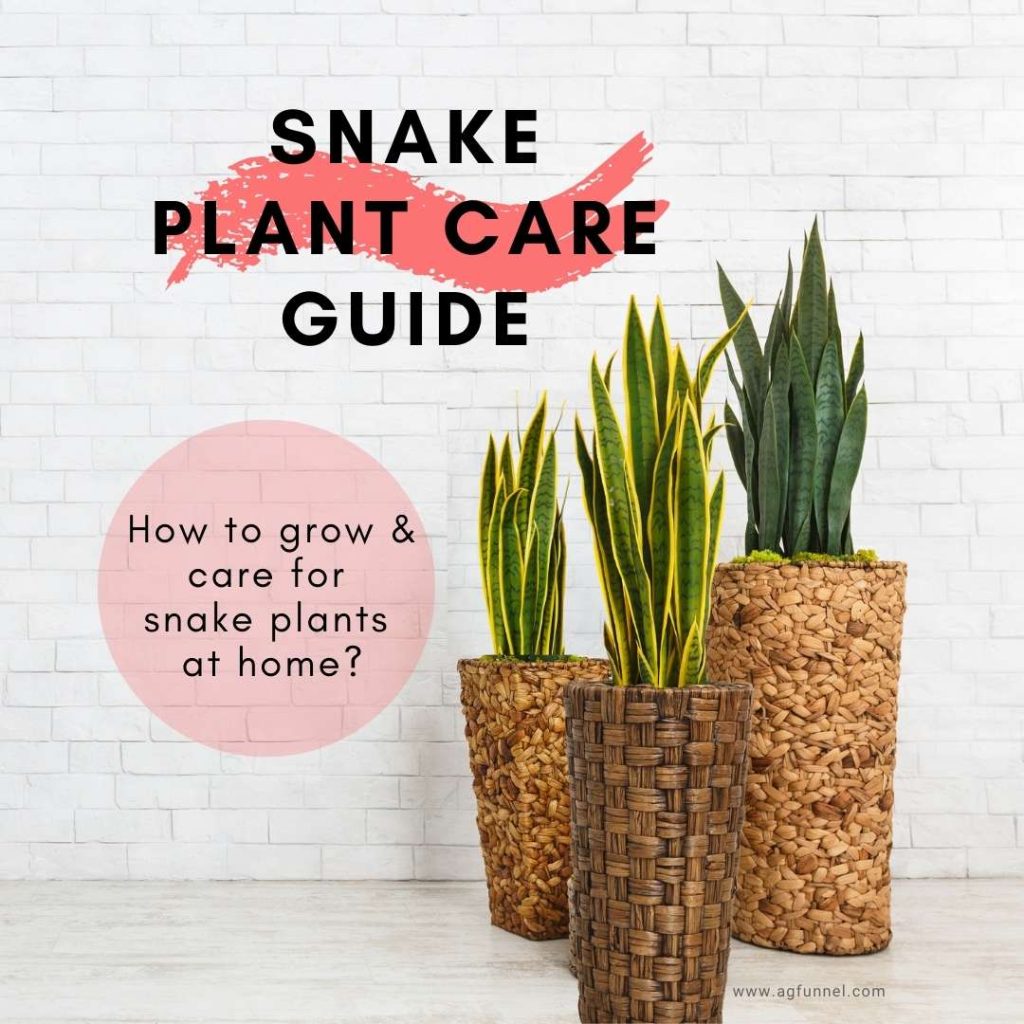
How to make your plants happy: Download our snake plant care guide
2. Watch out for insects and animals
Pests such as insects and herbivore animals put the health of your garden at great risk. Due to the chewing of different parts of the plant, pests cause the plants in your garden to wilt, discolor, misshapen fruits and vegetables, and encourage decay, among others. In some cases, pests are carriers of diseases, spreading them from one plant to another. Therefore, to ensure your garden is healthy, it is important to watch out and protect it from pests. An effective measure to ward off wildlife from your garden is by putting up barriers, such as a wire fence, along the perimeter of your garden. You should also examine your plants regularly, as this can help identify signs of disease on time to take appropriate measures on time. Another way of preventing pests in your garden is by planting companion plants that deter and repel pets. Such plants include chrysanthemums, rosemary, lavender, and mint, among others. Last, but not least, you should invest in effective pesticides and occasionally spray them on your garden to kill off pests and repel them.
3. Apply fertilizer
Fertilizers are an important component in gardening. Fertilizers are added to plants to give them vital nutrients such as potassium and nitrogen. This, in turn, improves their healthy, ensuring they produce good products and grow bigger and faster. When applying fertilizer, it is important that you do not use too much, as this can affect the plant, causing burns and reducing its ability to retain water. You should also be mindful of the ingredients in the fertilizer. Some fertilizers contain chemicals that could harm your plants more than food. Additionally, you should conduct a soil test to determine the existing nutrient levels of the soil. This would help you determine what it lacks and how much fertilizer you should apply to ensure you do not over or under-fertilize your garden.

How to start organic farming? Download our complete guide on how to start organic farming.
4. Manage your plant’s exposure to sunlight
Another important aspect of keeping your garden healthy is managing the sunlight it is exposed to. Like water, sunlight plays a vital role in the health of plants. The lack of sunlight in your garden can cause plants to lack vibrancy and luster, causing them to turn pale green, yellow, and sometimes white. This is because sunlight plays a vital role in creating chlorophyll, the chemical responsible for giving plants their color. A common reason why plants may lack sunlight is due to their positioning. For example, if your plants need sunshine, but your garden was planted under a tree, the shade would block the sunlight. In that case, you must cut down the tree to ensure enough sunlight for your garden. If you choose this option, hire a professional tree service for safe removal.
However, on the other hand, overexposure to sunlight can damage your plants. Excessive exposure to the sun can scald your leaves, causing them to develop brown or white patches and eventually dry up. Additionally, some plants do not need sunlight. Therefore, it is important to manage your garden’s exposure to sunlight accordingly to ensure it gets what it needs to be healthy.
5. Avoid crowding plants
A common mistake many garden enthusiasts make is not providing enough space between your plants. Whether you have a small garden space or an allocated area for gardening, providing little space between your plants is never healthy. Crowding your plants limits airflow through the garden, causing an increase in humidity. This, in turn, leads to the development and spread of mildew and other fungi-related issues. Plants placed close to each other must compete for space, nutrients, water and sunlight. This leads to stunted growth and makes them more susceptible to various diseases. Additionally, diseases can easily spread from an infected plant to an otherwise healthier one due to the lack of space. Therefore, it is vital to ensure adequate space between the plants in your garden. Where you have limited space, you can practice plant or crop rotation. By practising crop rotation, you can plant different crops sequentially on one piece of soil. This practice is healthy not only because it prevents crowding but also improves the soil’s health, prevents weeds and pests, and optimizes the soil’s nutrients.
6. Perform appropriate plant maintenance
For your garden to remain beautiful and healthy, you must commit to performing the appropriate plant maintenance routines. A vital plant maintenance practice you can implement is pruning. Pruning is the process by which dead or overgrown stems or branches are cut off plants. However, doing this at the appropriate times is vital to ensure you get your preferred results. According to experts, late winter is the best time to prune your plants. This is because cutting away the dead parts of the plants would ensure that the new growth is not affected by possible diseases and infections. If you are unfamiliar with how to properly prune your plants, it is advisable to consult a professional. Doing it incorrectly would create even more problems and jeopardize your plant’s health.
In addition to pruning, you should be mindful of other plant maintenance practices. For instance, you should cultivate the habit of taking out weeds. Weeds can wreak havoc in your garden. It starves plants, draining the nutrients from the ground, making it difficult for your plants to get the amount they need to grow. They also compete for space and act as a parasite, stunting the growth of your plants and causing them to die off over time. You should also consider deadheading and culling the plants in your garden. By deadheading, you remove dying flowers from plants. This is similar to culling, where diseased or infected plants are removed to ensure the genetic vigor and purity of the plant. These practices ensure that your garden is appealing and encourage healthier, thicker, and fuller plant growth.
It may seem challenging, but keeping a garden beautiful and healthy can easily be achieved by following the right tips and tricks. Fortunately, the tips listed can help put you on the right track to achieving your healthy garden aspirations with ease today!
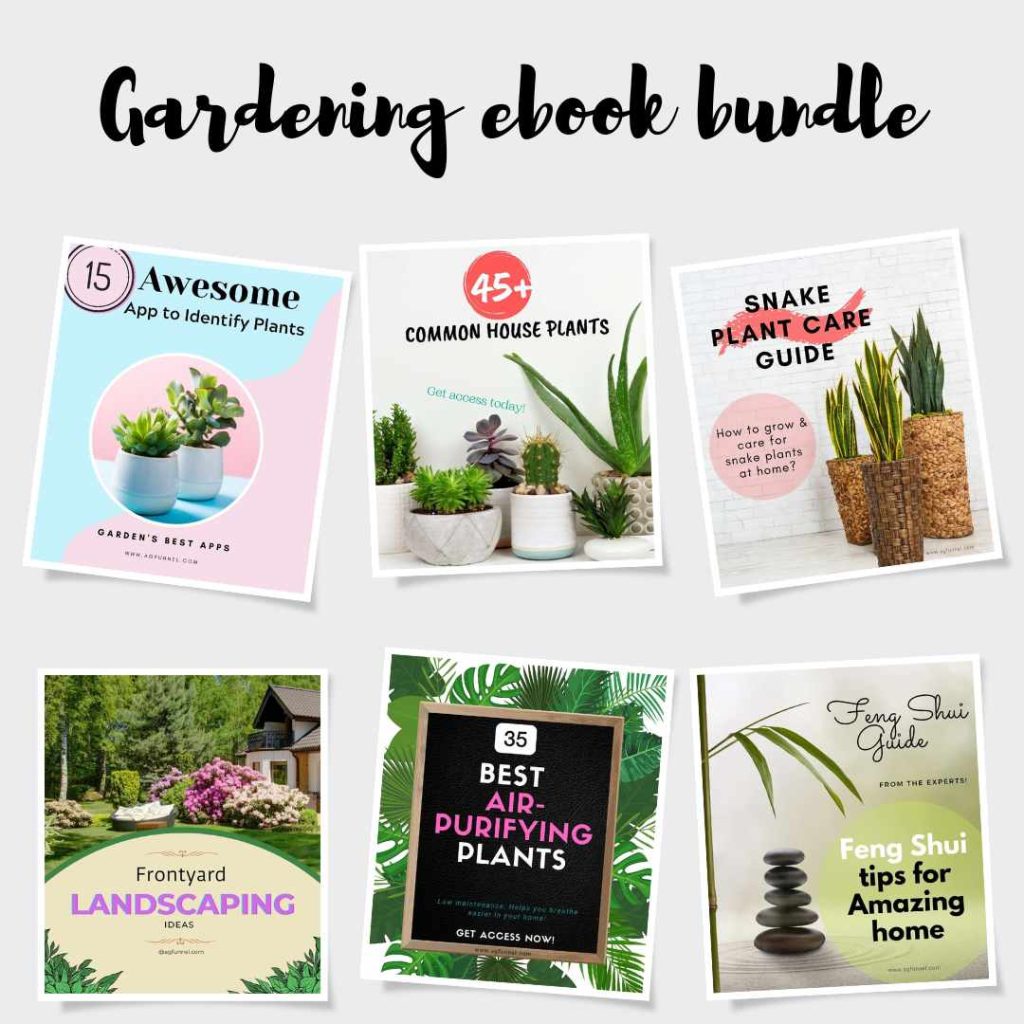
How to master gardening? Download these essential home and gardening ebooks today!

